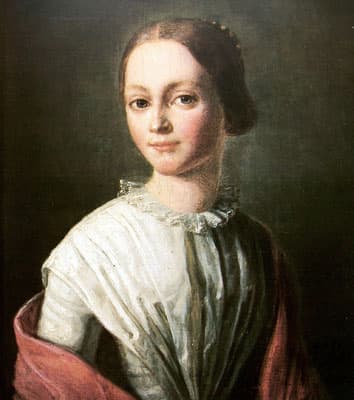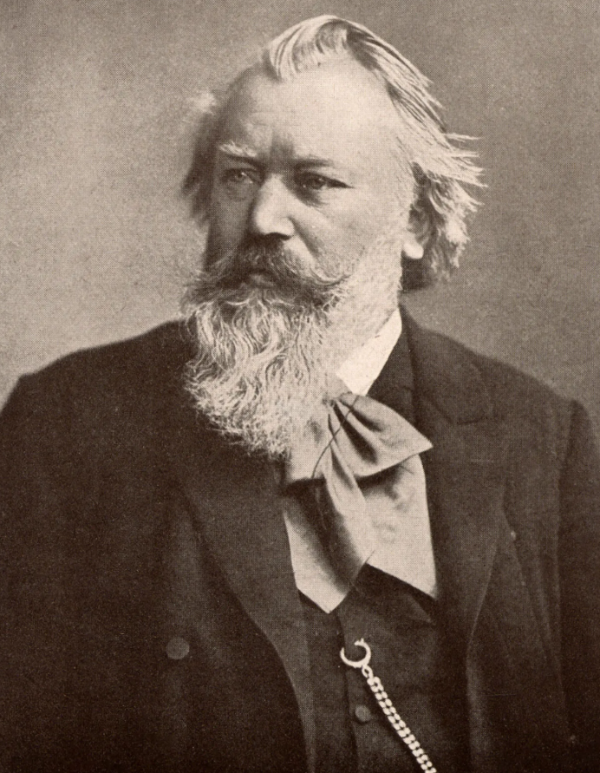Reynaldo Hahn: Si mes vers avaient des ailes (Dilbèr, soprano; Ilkka Paananen, piano)
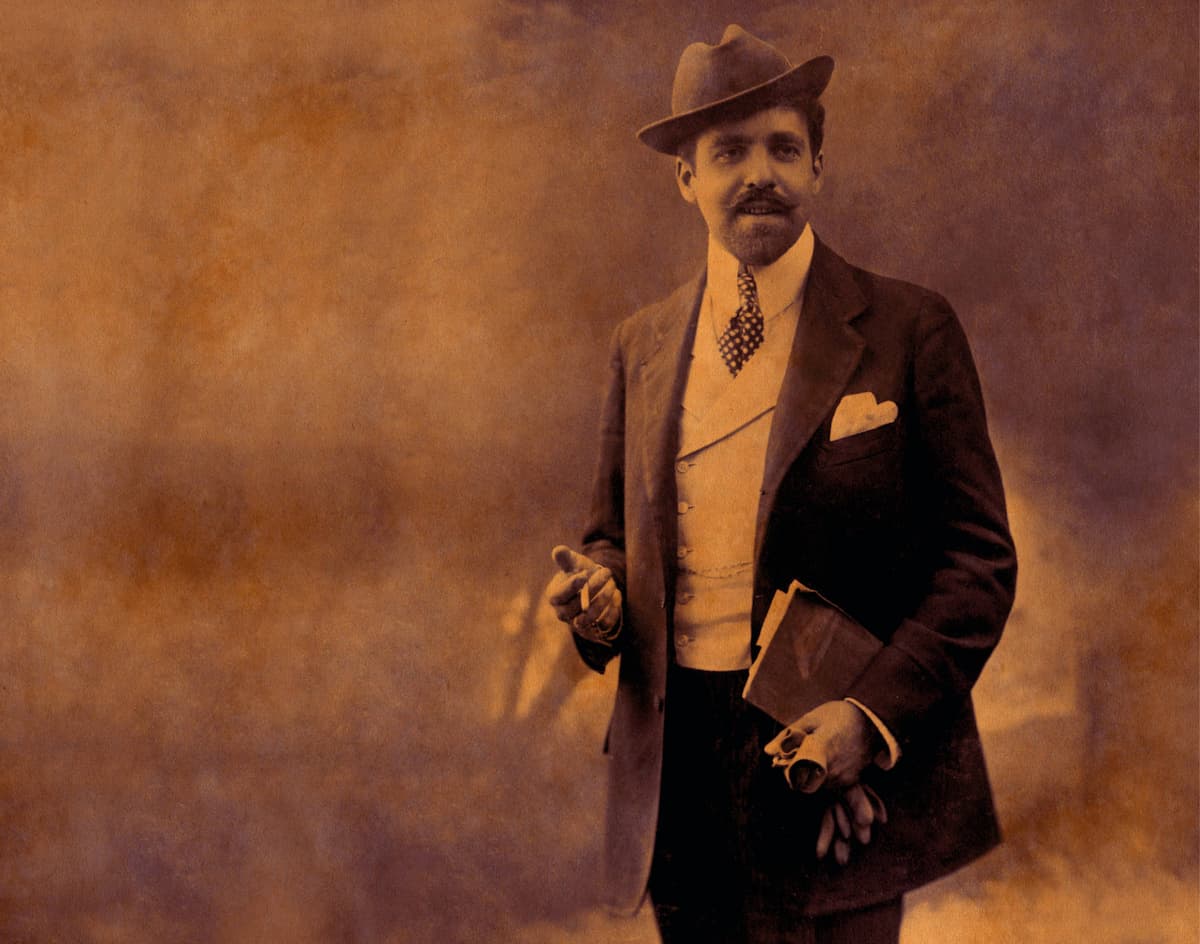
© bru-zane.com
| Si mes vers avaient des ailes Victor Hugo | If my verses had wings English Translation © Richard Stokes from A French Song Companion (Oxford, 2000) |
| Mes vers fuiraient, doux et frêles, Vers votre jardin si beau, Si mes vers avaient des ailes, Comme l’oiseau. Ils voleraient, étincelles, Vers votre foyer qui rit, Si mes vers avaient des ailes, Comme l’esprit. Près de vous, purs et fidèles, Ils accourraient nuit et jour, Si mes vers avaient des ailes, Comme l’amour. | My verses would flee, sweet and frail, To your garden so fair, If my verses had wings, Like a bird. They would fly, like sparks, To your smiling hearth, If my verses had wings, Like the mind. Pure and faithful, to your side They’d hasten night and day, If my verses had wings, Like love! |
Last week, I accompanied a singer singing this work for her upcoming audition. This song, Si mes vers avaient des ailes (If my verses had wings), with poems set by Victor Hugo, was written by Reynaldo Hahn when he was only 13. I was so captivated by the beautiful melody. After playing this song with the singer, I researched him and his works. The more I listened to his works, the more I fell in love.
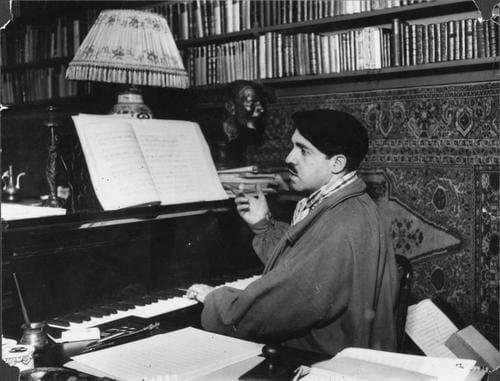
Reynaldo Hahn © cornucopia.net
Reynaldo Hahn (1874-1947) was a Venezuelan-born French composer, conductor, music critic, and singer. He was born in Caracas but moved to Paris with his family at a very young age. Nicknamed “Nano,” Reynaldo was the youngest of the 12 siblings and was twenty years younger than his eldest brother. His musical talent was shown at an early age. He made his public debut at six years old at a musical soirée hosted by Princess Mathilde, niece of Napoleon I. He began taking composition lessons at age eight and was admitted to the preparatory course offered by the Paris Conservatoire at age 11. His teachers included Émile Decombes, Théodore Dubois, Charles Gounod, Jules Massenet, and Camille Saint-Saëns. During his years in the conservatoire, he was in the class with Maurice Ravel and Alfred Cortot. His compositions during that time showed the influence of his composition teachers, especially Jules Massenet. Chansons Grises (Songs in Gray) was written between 1887 and 1890. It was a song cycle of Paul Verlaine‘s settings. When it was premiered in 1893 by singer Sybil Sanderson, Paul Verlaine was present, and he was moved with tears.
Renée Fleming Sings Reynaldo Hahn’s L’Heure exquise, from 7 Chansons grises
The operatic influence of Jules Massenet was showcased in many of Hahn’s works. After Hahn left the conservatoire, he wrote his first opera, L’île du rêve (1898), and dedicated it to Massenet. It was an Opéra-Comique. It was based on a story by Pierre Loti, whose novel Madame Chrysanthème would eventually become Madama Butterfly. L’île du rêve was a love story between Loti and Mahénu in Polynesia.
L’île du rêve, Acte 1: I. Scène. Ô pays de Bora-Bora
Hahn’s musical output did not limit to only vocal repertoire. A seven-movement chamber ensemble Le Bal de Béatrice d’Este (1905) was one of his best-known works. Dedicated to Camille Saint-Saëns, the work is associated with a 15-century Italian history between the Duke of Milan, Ludovico (“Il Moro”) Sforza, and his wife, Beatrice d’Este. The Renaissance courtroom dance style in this work demonstrates the imaginary evening in the court of Beatrice (1475-1497).
Reynaldo Hahn: Le Bal de Beatrice d’Este
Reynaldo Hahn lived through the first and the second World Wars; both impacted his life and caused a pause in his musical career. He served in the French Army during the first World War. He continued to compose during that period. His output of the time included Five Little Songs, a song cycle for children. The verses were based on Robert Louis Stevenson’s poems.
Reynaldo Hahn’s Five Little Songs (Poèmes de R.L. Stevenson): The Swing
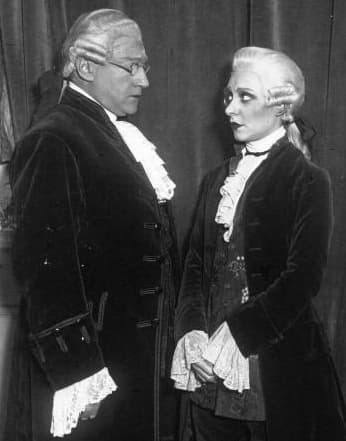
Sacha Guitry and Yvonne Printemps in Reynaldo Hahn’s Mozart
After the war, he moved from writing songs to focusing on writing operas and operettas. His famous musical comedy, Mozart (1925), was written for Yvonne Printemps, who performed the role of Mozart. The work remains popular and is still performed frequently today.
Elisabeth Breuer Sings Reynaldo Hahn’s “Être adoré”
Hahn was of Jewish descent. During the Nazi occupation in France in 1940, Hahn was forced to resign as director of the Paris Opera and leave Paris. His music was banned as well. Even though he returned to Paris and resumed his position at the Paris Opera, he soon suffered from a brain tumor. He passed away in 1947. I want to share one of his late works, his third Piano Quartet in G major. It was written a year before his death. This four-movement work continues to show his craftsmanship of beautiful melodies. I particularly enjoy the calm yet sad and emotional in the third movement.
For more of the best in classical music, sign up to our E-Newsletter
Reynaldo Hahn’s Piano Quartet No. 3 in G Major: III. Andante


